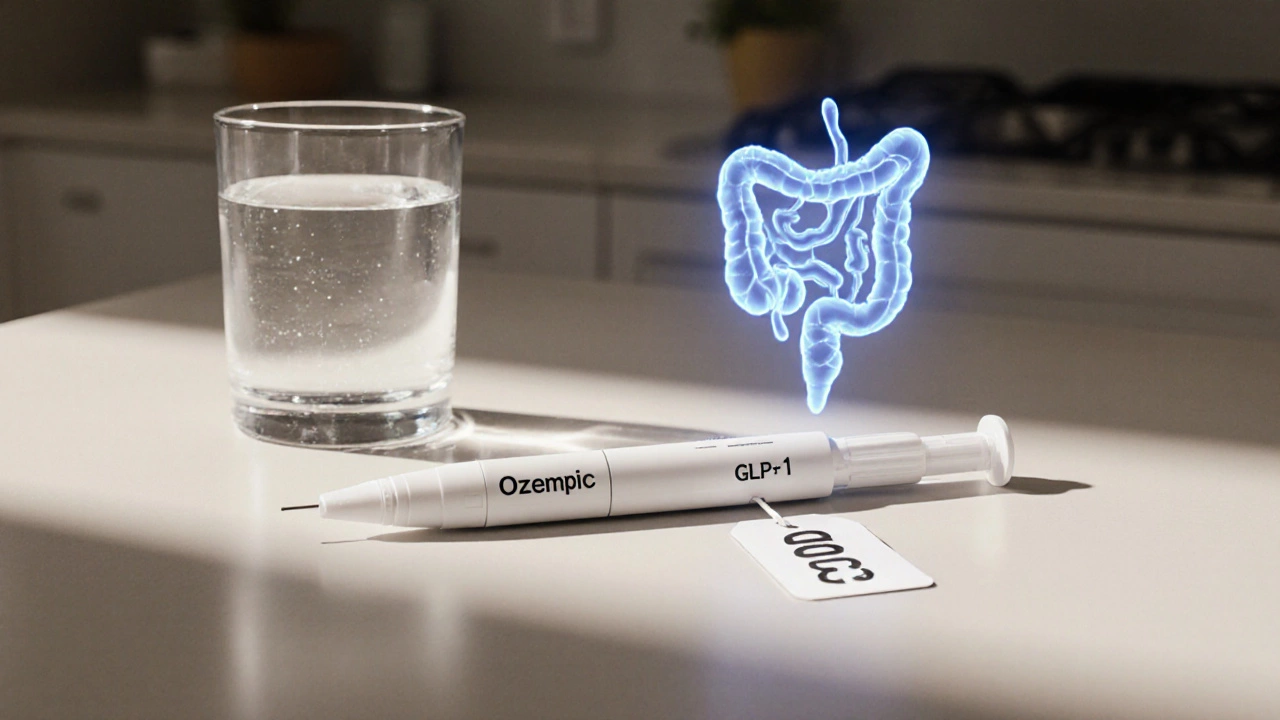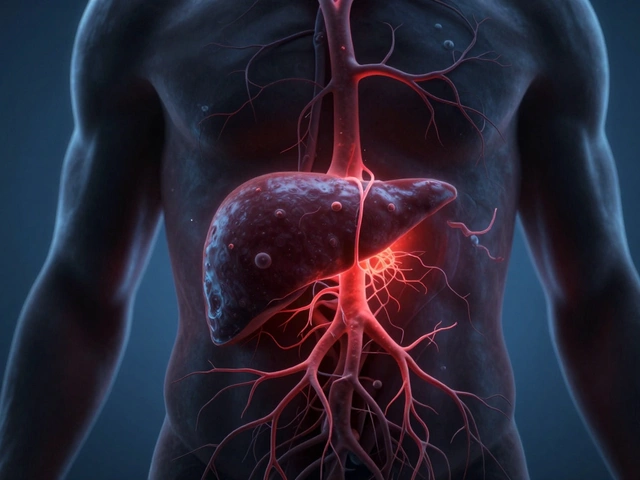Diet Pills – What They Are and How They Work
When working with diet pills, oral products formulated to curb appetite or boost metabolism for weight loss. Also known as appetite suppressants, they have grown into a multi‑billion‑dollar market in India and beyond.
Diet pills aren’t a magic trick; they sit at the crossroads of several health concepts. One major link is to weight loss, the primary goal many users pursue with these products. Another connection is with herbal supplements, natural extracts that sometimes appear in diet‑pill blends. A third, often overlooked, tie is to metformin, a diabetes medication that also influences weight management. These relationships create a web where diet pills, weight‑loss strategies, and supplementary herbs influence each other’s effectiveness and safety.
Key Factors to Keep in Mind
First, understand the mechanism. Some pills act as appetite reducers by affecting brain signals; others claim to raise basal metabolic rate by stimulating thyroid activity. The semantic triple here is: Diet pills encompass appetite suppression and diet pills influence metabolic rate. Knowing which pathway a product uses helps you match it to your personal health profile.
Second, consider regulation. In India, the Central Drugs Standard Control Organization (CDSCO) classifies many diet‑pill ingredients as “pharmacologically active”. This means they require clinical evidence and safety data before hitting the shelves. The triple Diet pills require regulatory approval underscores why a product without CDSCO clearance may carry hidden risks.
Third, watch for interactions. Herbal supplements like green tea extract or garcinia cambogia can amplify caffeine‑related side effects, while metformin can clash with certain stimulant‑based pills, leading to jitteriness or heart palpitations. The sentence Herbal supplements influence diet‑pill effectiveness captures this interaction in plain language.
Finally, evaluate side effects. Common complaints include dry mouth, insomnia, and increased heart rate. Rare but serious issues involve liver stress or blood pressure spikes. If you have pre‑existing conditions—diabetes, hypertension, thyroid disorders—consult a doctor before starting any regimen. This precaution aligns with the triple Diet pills affect cardiovascular health, reminding readers that safety must come first.
Our collection below pulls together articles that dive deeper into each of these angles: from real‑world cost breakdowns of IVF that touch on hormonal balances, to the latest trends in skin treatments, and even guides on safe herbal supplement purchases. Whether you’re curious about how metformin fits into a weight‑loss plan or want to know the safest herbal ingredients to pair with a diet‑pill regimen, the posts ahead give actionable tips and evidence‑backed insights. Explore them to build a balanced, informed approach to managing weight and health.





